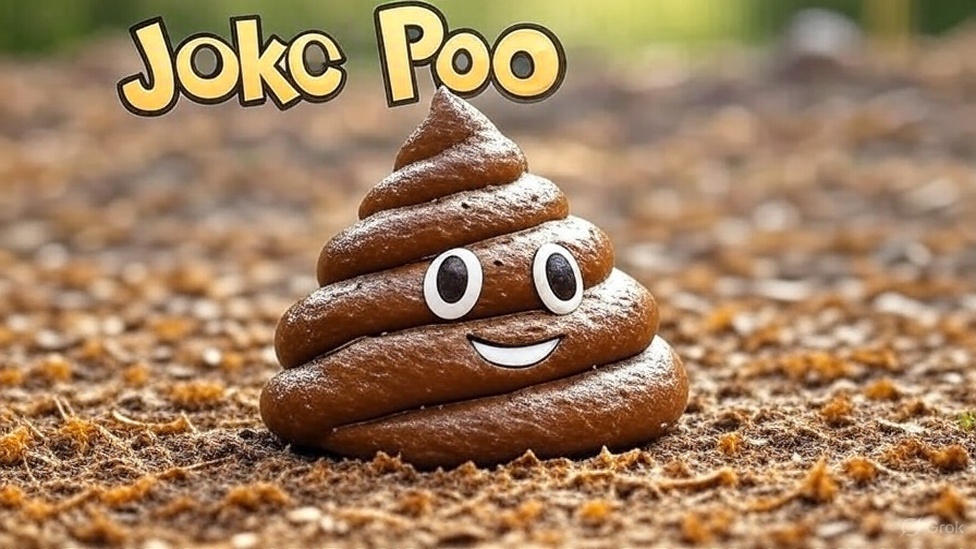Does that mean that the rest of the world skilometer?
Okay, here’s the original joke, followed by my attempt at a "Joke Poo" version, titled accordingly:
Original Joke:
If Americans smile, does that mean that the rest of the world skilometer?
Joke Poo: Title – Byte My Tongue
If programmers code in Java, does that mean the rest of the world writes in .txt?
Okay, let’s break down this joke and then build something funnier off of it.
Joke Dissection:
- Setup: "If Americans smile…"
- Punchline: "…Does that mean that the rest of the world skilometer?"
- Humor Mechanism: This is a pun, a play on words. It hinges on the similarity in sound between "smile" (an action of happiness) and "mile" (a unit of distance). The joke implies that if Americans use "miles," then other countries using the metric system ("kilometers") should use "skilometers" as a corresponding action for showing happiness. The humor lies in the absurd suggestion that feelings are directly linked to measurement units.
- Target: Language conventions and cultural differences in units of measure.
Key Elements:
- American Identity: Implied association with the Imperial system (miles).
- Metric System: Represented by "kilometer."
- Pun/Wordplay: Core of the humor.
- Absurdity: Linking emotion to units of measure.
Comedic Enrichment:
Let’s leverage the key elements to create something new. How about a "Did You Know?" styled observation?
"Did you know that during the brief period of American adoption of the metric system in the late 1970s, there was a measurable dip in national happiness? Psychologists theorized that the confusion over ‘kilomiles’ versus ‘smiles’ led to a generalized state of existential dread, only alleviated by the reintroduction of the familiar, if irrational, mile. Some speculate that the return to miles was actually a covert op by the dental industry to boost smile-related vocabulary searches."
Explanation of Changes and Humorous Elements:
- Extends the Absurdity: It builds on the original joke’s absurdity by creating a fictional historical scenario with ridiculous psychological implications.
- Plays on Conspiracy Theories: Introduces a subtle conspiracy theory element (dental industry) to heighten the humor.
- Historical Misdirection: The mention of the brief American metric adoption is factually true, then it spins into a false narrative to create the humor.
- Added Layer of Self-Reference: By mentioning smile-related vocabulary searches, it self-referentially acknowledges the internet and searches and is a nod to how the original joke was probably discovered.
I think the "Did You Know?" format works well because it allows for a blend of fabricated facts and ridiculous implications, amplifying the inherent humor in the original pun.


